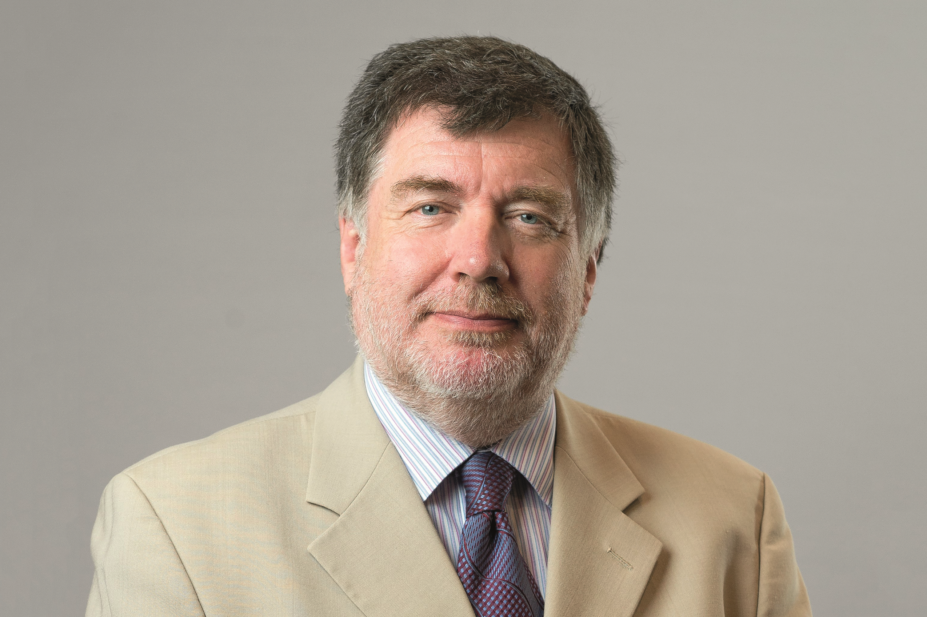
Courtesy of Mike Barnes
Draft guidance from the National Institute for Health and Care Excellence on cannabis-based medical products (CBMPs) has been described as “restrictive and negative” by a doctor who has campaigned for greater access to medical cannabis.
Mike Barnes, a consultant neurologist and chair of the Medical Cannabis Clinicians’ Society, said the guidance would make it more difficult for doctors to issue prescriptions for medical cannabis.
The guidance, published on 8 August 2019, is the first to be published since medical cannabis was legalised in November 2018. As well as calling for more trials in CBMPs, NICE says patients with chronic pain should not be offered tetrahydrocannabinol products (THC) or mixtures of cannabidiol and THC unless the treatment is part of a clinical trial.
The document also says NICE is unable to recommend CBMPs for severe treatment-resistant epilepsy.
Barnes also criticised NICE’s reliance on evidence from randomised controlled trials (RCTs). “We do need more evidence — no-one’s ever said otherwise. But to say there’s not enough evidence to even think about prescribing it is appalling and to the huge disadvantage of hundreds of thousands of people in this country.”
He added that the guidance meant the chances of doctors getting approval from their NHS trust to prescribe CBMPs had “now diminished even further, to basically zero”.
Simon Wigglesworth, deputy chief executive of Epilepsy Action — a UK-wide charity that supports people with epilepsy and their families — also expressed disappointment over the guidance.
“We have always been clear about the need for more good quality clinical evidence. However, there remains a compelling argument that patients who could benefit from cannabis-based medicines should be given the opportunity to access them as a last-line treatment, where some evidence of potential benefit exists.”
In a press release issued alongside the guidance, Paul Chrisp, director of the centre for guidelines at NICE, said: “We recognise that some people will be disappointed that we have not been able to recommend the wider use of CBMPs. However, we were concerned when we began developing this guidance that a robust evidence base for these mostly unlicensed products was probably lacking.”
Also published on 8 August 2019, NHS England and NHS Improvement published a report into current barriers to NHS prescription of CBPMs to coincide with the NICE draft guidance.
It concluded that “if CBPMs are to be routinely commissioned across the NHS, the science and the evidence base supporting use needs to be significantly better developed”.
Among ten recommendations in the NHS report, it says that although evidence for the use of CBPMs in severe treatment-resistant paediatric epilepsy should be generated though RCTs, an “alternative study design” should be considered to “enable evidence generation for those patients who cannot be enrolled into a standard RCT”.
The report also noted that the high cost of CBPMs, as well as the time consuming process of importation, may have created a barrier to access. It calls on NHS England and NHS Improvement to work with suppliers “to ensure that sufficient stock of good quality CBPMs are available and that the products available offer the best value for the NHS”.
Options for the UK-based manufacture of CBPMs should also be scoped, it said.
Andrew Yates, pharmacy lead at the Centre for Medicinal Cannabis (CMC), said that “while we are encouraged to see an improved stance towards children suffering from epilepsy, we believe that the guidance from NICE and NHS England are disappointing in relation to their recommendations to prescribing CBMPs in other conditions”.
Yates added that the CMC was particularly disappointed that “no new recommendations to prescribers for adult patients” had emerged.
He said it will “continue to force those that cannot pay privately to obtain their cannabis medicine illegally”.
Keith Ridge, chief pharmaceutical officer for England, led the NHS report with Stephen Powis, national medical director of NHS England.
In a press release, Ridge said that “without sufficient evidence to help them balance potential benefits against potential harms when they are deciding whether to prescribe medicinal cannabis to children with very severe epilepsy, it is clear clinicians are very reluctant to prescribe”.
“We heard loud and clear the concerns and frustration the children’s families are feeling, but these recommendations aim to help us develop the evidence base to understand how safe these products are, and ensure education and expert advice is available to support clinicians across the UK,” the statement said.


